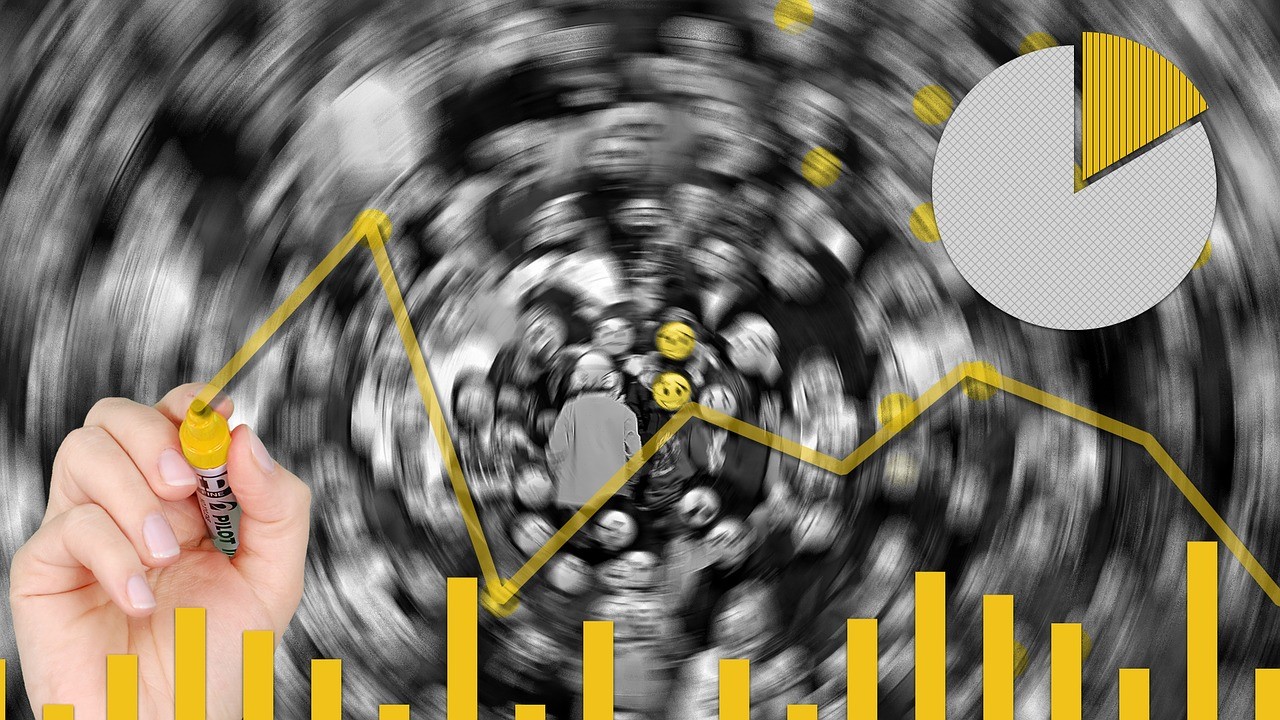Data Is Not the New Oil; Stop Saying It Is

The importance of data is such a dominant narrative that comparing it to oil has become a popular way to emphasize its importance. This is a bad idea.
Data popularly known as "big data" is behind countless new business initiatives today. Big data — simply put, volumes of structured, semi-structured, and unstructured data used conjointly — is perceived as a necessary tool that will enable brands and marketers to understand human behavior better and translate those analyses into consumer-centric insights.
Analogies are useful to make sense of a complex environment, so comparing data to oil is useful to illustrate the story. The problem is that comparing data to oil is a painfully misguided analogy and reinforces a narrative we should be desperate to make a clean break from.
A comparison between data and oil is no surprise. Oil, the dominant commodity of the past 100 years, seems like an obvious precursor to big data — the heir apparent product of the next 100 years and beyond. However, when we make this analogy, we are making a connection to a story that does not serve a viable future.
Oil is the significant driver of the Industrial Age story that we are struggling to leave behind. That story is driven by the values of ownership, primarily extraction strategy and zero-sum strategic thinking. The voracious appetite to extract oil at any cost has made environmental abuse and negligence a normal part of doing business. If data continues to be defined by the dying Industrial Age story, there is a risk it will go down the same destructive path of the oil extraction model.
Unfortunately, the oil-as-data thesis continues to cement itself into the zeitgeist. Moreover, with it comes the same type of abuses we have seen in the oil industry. For example, companies such as Google and Facebook have been at the center of abuses of data and customer privacy. Facebook was recently fined $5 billion for its misuse of customer data, leading to egregious violations of privacy.
Tech companies are not the sole perpetrators. Credit agencies, which supposedly exist to safeguard and manage data, have also been grossly negligent in this capacity — to the detriment of their customers.
Data forms a stream of connection between companies, some of which seek to control it for singular purposes; e.g., nefariousintermediaries who purchase data for business uses most of us would never consider, such as location data sold to bounty hunters. This paradigm of extraction makes human beings the depository and providers of the necessary lubricant powering these organizations.
An extraction mindset will lead to extraction results.
Data clearly isn't the new oil. Data doesn't have to be the "new" anything because most analogies we opt in to will link us to back to a dying Industrial Age story. Data is an opportunity to connect to a system of values that are likely to create a viable economic future.
In short, we should craft a new narrative for data and its relationship to our world. A more useful analogy would be to that of an iceberg. The tip of the iceberg is our current understanding of the efficacy, opportunity, and ethics of data. It exists primarily on the surface. The real opportunity, which is much larger, lies beneath the surface, as is the case with an actual iceberg. The promise of data is in giving it real meaning, and to accomplish that we have to go below the surface and think beyond extraction.
What does "real meaning" mean? The casual way we discuss data is an example of the challenge we face in giving it meaning. Data, in a modern business context, is the aggregation of human-generated information into subsets with the expressed purpose of drawing predictive conclusions to inform our decisions. At its essence, data is all of our individual choices at various moments and within varying context. The meaning comes through the understanding that every point of data represents a singular point of our humanity. The aggregation of information properly sequenced and understood has the power to reveal narratives that might have gone unnoticed.
Data has the potential to tell us what happened but falls short of telling us why. In turn, understanding the "why" hidden within data provides a better chance of discerning patterns and establishing clues to a potential future. The "why" is, ultimately, dependent on our ability and commitment to develop a deeper meaning to our relation to data. Buried within data are emotions, desires, wants, needs, and all of the ensuing, beautiful messiness that makes up the human experience.
In the same way that a map is not the territory, data without meaning doesn't represent the human experience. Stripping away the inherent complexity of data with simplistic and flawed analogies only serve to debase the potential to find meaning within those binary 0s and 1s.
Data as oil assumes a rational relationship that can be simplified into a basic "if, then" set of expectations. Data as a part of the roadmap to a meaningful future embraces the complexity of the human experience. Whatever analogy we ultimately choose should take us into the future rather than link us to a broken past.
Click the social buttons to share this story with your friends and colleagues.
The opinions and points of view expressed in this content are exclusively the views of the author and/or subject(s) and do not necessarily represent the views of MediaVillage.com/MyersBizNet, Inc. management or associated writers.


